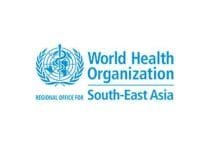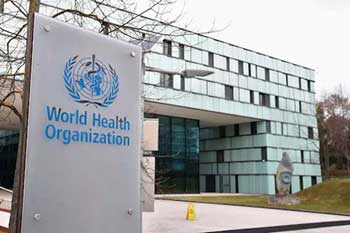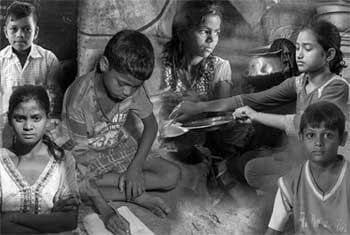– Dr Poonam Khetrapal Singh –
Concerted action is needed to ensure health systems in the WHO South-East Asia Region can prevent, detect and treat birth defects. Every year, eight million children globally are estimated to be born with a birth defect. The most serious defects include heart defects, neural tube defects and Down syndrome. Birth defects are responsible for the death of an estimated 300 000 newborns annually, 90 000 of them in the South-East Asia Region. The mortality and life-long disability birth defects can cause disproportionately affect low- and middle-income countries.
The Region’s Member States have made steady progress to tackle birth defects, in line with the Region’s Flagship Priority on reducing newborn mortality. Almost all countries have national action plans to address birth defects. Hospital-based surveillance for birth defects – which is key to prevention and treatment – has increased Region-wide, with the WHO-supported Newborn and Birth Defects Surveillance initiative growing in strength and reach. Across the Region, vaccine against rubella, a disease that can cause several birth defects, is now included in all national immunization programmes. Several Member States have fortified foods such as wheat flour with folic acid, vitamin B-12 and iron to prevent neural tube defects and anemia.
To ensure all health systems in the Region can prevent, detect and treat birth defects, Member States must continue to expand surveillance and strengthen services for maternal, newborn, child and adolescent health. A focus on several key areas is needed.
First, to prevent birth defects, health authorities should ensure all women and girls have access to vaccination throughout their lives, as well as good quality antenatal care. Though all countries in the Region provide routine rubella vaccination, the average coverage is 83%. Achieving full coverage will have a substantial impact on the incidence of birth defects caused by congenital rubella syndrome. Quality antenatal services are likewise key. Services that provide micronutrient supplementation will help pregnant women nourish their fetus, while healthy lifestyle counselling will help them avoid harmful products such as tobacco and alcohol. Both outcomes will prevent a range of defects.
Second, to detect birth defects, health authorities should ensure all families have access to facilities with adequate screening capacity. Screening before and during pregnancy, including with ultrasound, is vital to detecting birth defects, including major abnormalities. Neonatal screening can detect common metabolic disorders, in addition to heart defects and other congenital disorders. Early detection is crucial for a child’s life-long health and well-being.
Third, to treat birth defects, health authorities should ensure all families have access to appropriate services. Early interventions can be life-changing for children with disorders that put them at risk of physical, intellectual, visual or auditory disabilities, as well as for children with defects that have a functional impact. For children with neural tube defects or congenital heart defects, pediatric surgery can be life-saving. Equitable access to treatment will save lives and reduce the load on health systems and families. Both are valuable outcomes.
On World Birth Defects Day, WHO reiterates its commitment to supporting Member States in the Region to prevent, detect and treat birth defects. We must add years to life and life to years. Together we can reduce the prevalence and impact of birth defects and increase health equity. A healthier, fairer Region is possible – but only if we act.
About the Author
Dr Poonam Khetrapal Singh
Author & Regional Director ,WHO
Dr Poonam Khetrapal Singh, WHO Regional Director for South-East Asia , WHO’s South-East Asia Region comprises the following 11 Member States: Bangladesh, Bhutan, Democratic People’s Republic of Korea, India, Indonesia, Maldives, Myanmar, Nepal, Sri Lanka, Thailand and Timor-Leste.
Disclaimer : The views expressed by the author in this feature are entirely her own and do not necessarily reflect the views of INVC NEWS.















